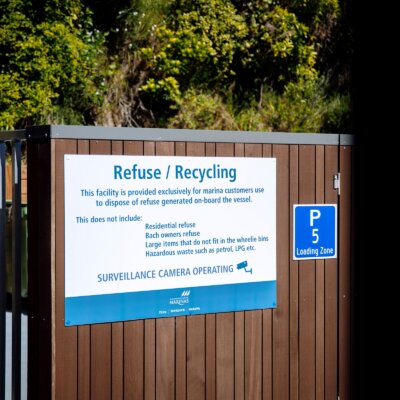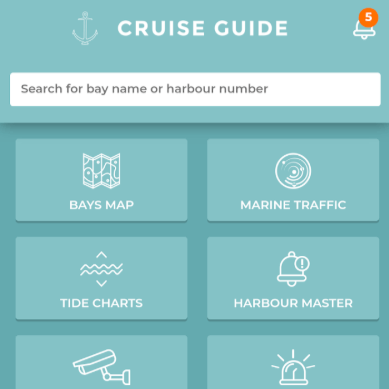Travelling to Fiordland?
Marlborough vessel operators entering the Fiordland Marine Area are required to comply with biofouling rules and hold a Clean Vessel Pass to comply with the Fiordland Marine Regional Pathway Management Plan. With its pristine waters and unique ecosystems, Fiordland is one of the most beautiful and dramatic natural areas of New Zealand. It is home to some incredible species and plays host to visitors from throughout the world.
However, Fiordland is at risk from the many marine pests lurking in the waters, throughout New Zealand and internationally. These pests, like Mediterranean fan worm and the sea squirt Styela, are transported on the hulls of vessels and on gear, and are effectively only one boat ride away. They have the potential to significantly impact on the marine area of Fiordland, both economically and ecologically.
The plan sets out a number of rules and standards that must be met by all vessels entering the Fiordland Marine Area and requires vessel operators to obtain a Clean Vessel Pass. Marine pests have the potential to attach to everything from ropes to large fishing vessels and luxury yachts, and the plan addresses all of these potential pathways. Regular joint agency monitoring trips will serve to educate and assess compliance with the standards. Non-compliance with the rules is a breach of the Biosecurity Act and liable to penalties.
How do the rules affect you
Every vessel regardless of size – kayaks, boats, ships – will need to apply for a Clean Vessel Pass before entering within one nautical mile of the landward boundary of the Fiordland Marine Area. You will need to be aware of the standards required and ensure your vessel meets them all before heading to Fiordland.
How do I apply for a Clean Vessel Pass?
Obtaining a Clean Vessel Pass is a simple process and passes are valid for one year. You can apply or renew a Clean Vessel Pass online through the Environment Southland website www.es.govt.nz, or by emailing a completed application form to service@es.govt.nz, or posting a completed application form to Environment Southland, Private Bag 90116, Invercargill 9840.
What are the standards?
Clean hull standard: The hull and niche areas have no more than a slime layer and goose barnacles.
Clean gear standard: All marine gear and equipment on the vessel (including any equipment to establish new moorings) is visibly clean, free of fouling, free of sediment and preferably dry.
Residual seawater standard: All on-board residual seawater has been treated or is visibly clean and free of sediment.
Records: The owner or person in charge of a vessel entering the area that the plan applies to must keep records of the actions taken to meet the clean hull, clean gear and residual seawater standards and provide those records to an authorised person on request.
Further queries can be directed to Shaun Cunningham at service@es.govt.nz or 03 211 5115




